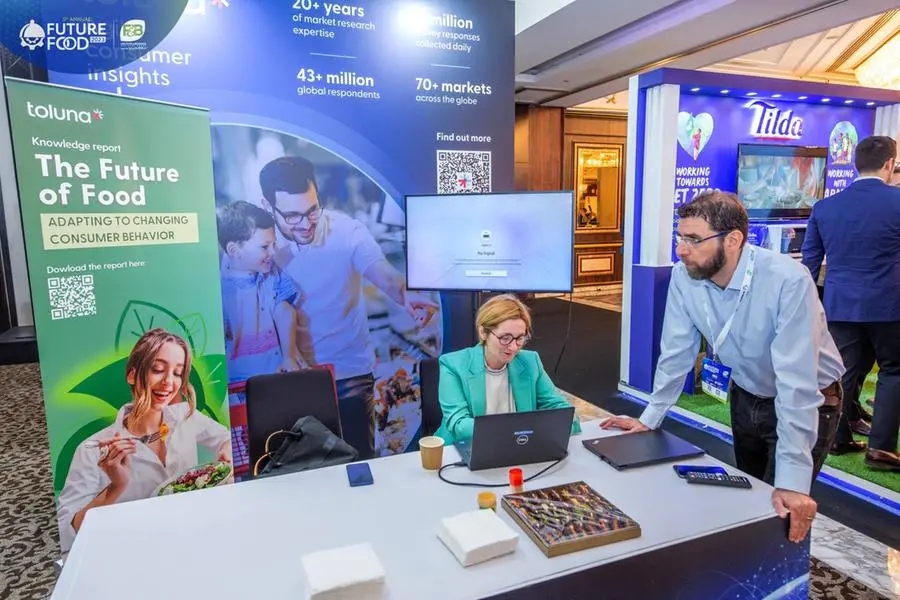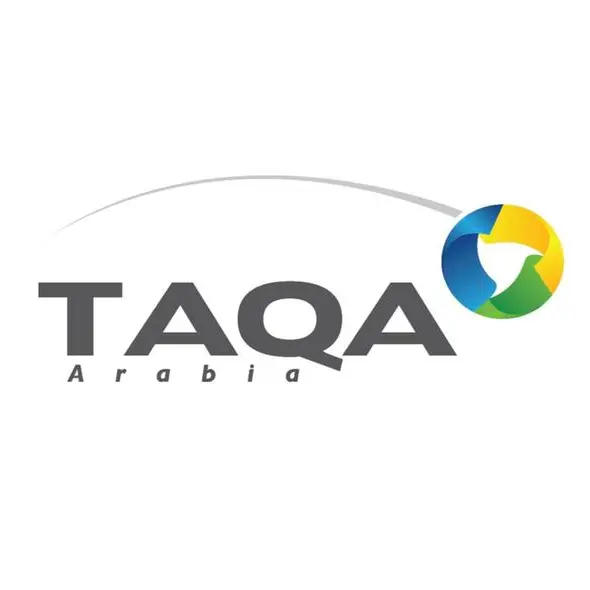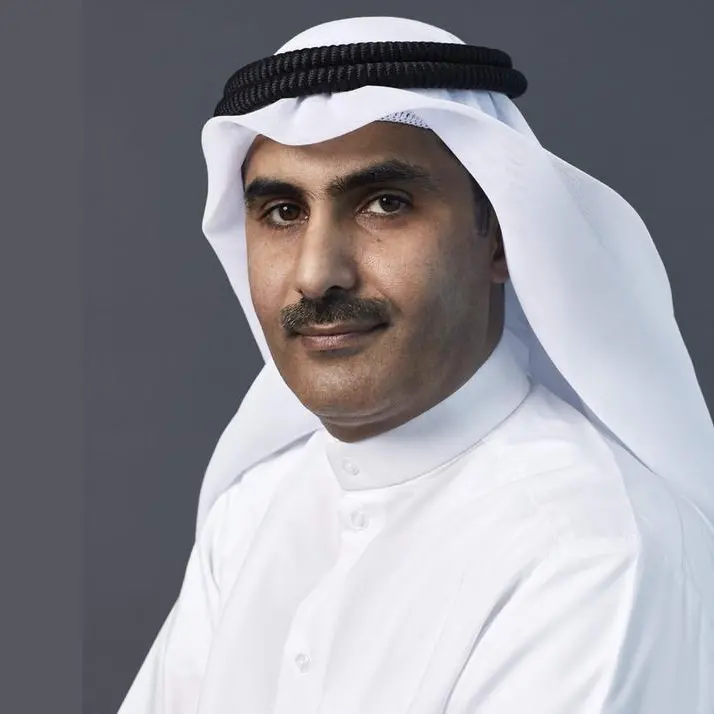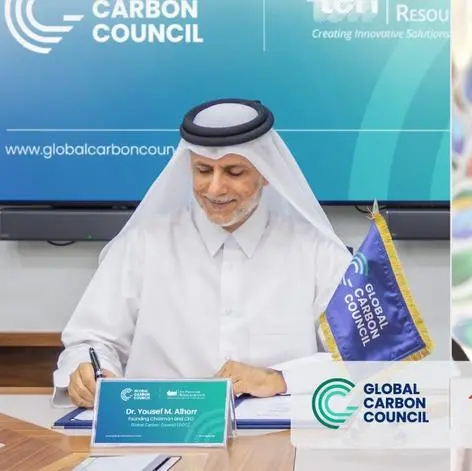PHOTO
- 72% (UAE), 75% (KSA) of consumers actively engaged in food re-education.
- In 2023, 94 % (UAE), 89% (KSA) are acquainted with plant-based products.
- 40% to adopt “Free-From-Food” products.
- Transparency is mandatory for brands
Toluna, a global market research, consumer insights, and technology provider, collaborated as the Knowledge Partner for the Future Food Forum 2023. During the event, Manisha Juneja, Market Research Lead MEA at Toluna, presented a proprietary report titled "The Future of Food: Adapting to Changing Consumer Behavior” and moderated a session where . The report delves into key aspects of current dietary preferences and lifestyle choices, shedding light on the region's evolving landscape of consumer preferences regarding food and beverages.
Exploring Middle Eastern Lifestyle and Dietary Patterns
The report indicated that a significant portion of consumers in both the UAE and KSA, 72% and 75% respectively, have actively engaged in dietary adjustments or food re-education. Notably, three-quarters of respondents sought guidance from nutritionists to establish healthier eating habits. The primary motivations identified were centered around 'losing weight' and 'improving quality of life'. In both markets, these factors emerged as the leading influencers for dietary changes.
Toluna launched the first wave of this survey in September 2022 which identified intermittent fasting, reduced sugar intake, and low carbohydrate consumption as the prevailing trendy diets. In the UAE, intermittent fasting saw an uptick from 51% in 2022 to 54% in 2023, and in KSA, it increased from 58% to 59% during the same period. The data revealed a consistent commitment to these dietary trends, indicating a sustained interest in health-conscious eating habits.
Rising Awareness of Plant-Based Products.
The report underscored a notable surge in awareness of plant-based products in both markets. In the UAE, 94% of respondents were familiar with these products, up from 91% in 2022. Similarly, in KSA, awareness increased from 85% to 89% in 2023. Interestingly, a substantial portion of respondents who identified as carnivores expressed an interest in plant-based options, signifying a shift towards flexitarianism. Consumers were motivated by perceptions of health benefits and recommendations from family and friends. However, there was a partial reversal in consumption habits, with fewer individuals adopting plant-based products as a primary diet. Instead, many incorporated these alternatives alongside their existing food choices. Notably, 27% of UAE respondents expressed a willingness to pay a premium for plant-based food versus 21% of KSA’s.
Embracing 'Free-from Foods'
Approximately 40% of respondents expressed an interest in adopting a 'free-from-foods' lifestyle, with health enthusiasts comprising the majority. Interestingly, only about 10% cited specific intolerances or allergies as their primary motivation. The report highlighted a growing market for gluten-free products, indicating an increased demand for allergen-free options. Moreover, UAE consumers demonstrated a greater willingness to pay a premium for 'free-from foods' compared to their counterparts in KSA, with 28% versus 21% respectively. This finding suggests a willingness to invest in healthier, allergen-free alternatives.
The report also indicated that over half of Middle Eastern consumers expressed a preference for clean-label and organic products, underscoring the importance of transparency and quality ingredients. UAE respondents exhibited a higher willingness to pay a premium for organic products, demonstrating a commitment to sustainable and health-conscious choices.
Connecting with Consumers: A Brand's Imperative
The study emphasized the growing importance of transparency in production processes, with 51% in the UAE and 29% in KSA indicating an increased concern. Brands can engage consumers effectively by providing information on packaging, websites, and social networks. Furthermore, consumer confidence can be bolstered by transparently listing ingredients, providing nutrition facts, displaying relevant labels and certificates, and aligning with trusted brand producers.
Commenting on the report findings, Georges Akkaoui, Enterprise Account Director, Toluna stated ”We were happy to partner with the Future Food Forum and present our findings for the second year running. This year’s report continues to show a significant shift in consumer behavior towards health-conscious and sustainable food choices. The key takeaways from our research indicate a growing demand for transparency, clean-label products, and organic options so, brands that prioritize these factors will undoubtedly gain territory in the region, as is happening in other parts of the world."
About Toluna
Toluna is a leading market research, consumer insights and technology provider
We own the industry’s first end-to-end, single login real-time consumer intelligence platform, Toluna Start, which automates research and provides reliable consumer insights with speed and quality. Toluna Start can be used across market understanding (including U&A), brand health tracking, all the new product development stages and creative testing, online communities (qual focus groups), with results displayed instantly in flexible dashboards set up for deep data analysis.
- Toluna has proprietary online panels in 70+ markets with 43 M+ highly engaged consumers.
- Our team of 2,800 out of 27 offices delivers around 40,000 projects annually to many Fortune 500 companies (i.e. P&G, Colgate-Palmolive, BBC, Publicis Group, Dentsu, The Boston Consulting Group, Samsung, Qatar Airways, etc.)
- We offer our clients the means to collect data and insights in-house, with our support and consultancy where needed, or a full-service agency-style approach with flexibility and agility to meet our clients project-based needs (i.e. questionnaire design, survey programming & hosting, sampling, analysis, reporting, etc).




















